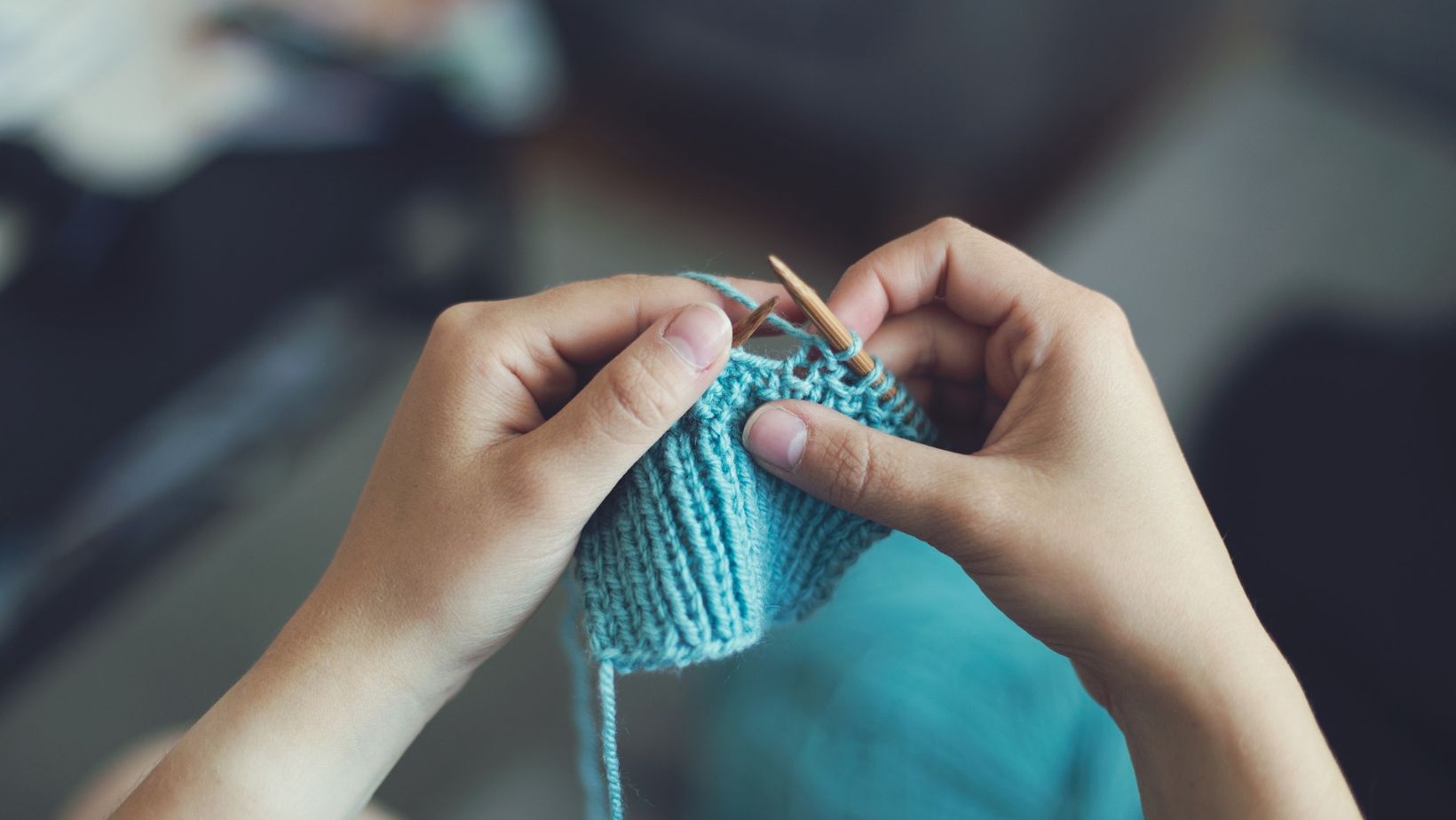Pursuing a new hobby can be one of the most fulfilling and enriching decisions you can make. Whether you’re looking for a creative outlet, a way to stay active, or simply a new interest to explore in your free time, hobbies can provide countless benefits. However, starting a new hobby can also come with challenges. If you’ve ever been unsure of how to begin, or what hobby is the right fit for you, you’re not alone.
This guide is designed to help you navigate the process of choosing, starting, and sticking with a new hobby. By understanding what to look for and how to make the most of your new pursuit, you can ensure that your journey is both enjoyable and rewarding.
Table of Contents
ToggleWhy Hobbies Are Important
Engaging in a hobby provides numerous benefits that extend far beyond just filling up your free time. Hobbies can help reduce stress, improve mental health, boost creativity, and even enhance social connections. Whether you’re picking up an old interest or diving into something new, the act of focusing on something outside of work or routine responsibilities helps give your brain a break and promotes well-being. Research also shows that hobbies can improve cognitive abilities, enhance mood, and give you a sense of purpose. By pursuing a hobby that aligns with your interests, you open yourself up to these positive outcomes.
Identifying Your Interests and Passions

When choosing a new hobby, reflect on what excites and inspires you. Consider what you naturally enjoy during your free time. Are you creative and drawn to arts and crafts? Do you love outdoor activities like hiking or cycling? Or maybe you find enjoyment in mental challenges such as puzzles or reading. For example, if you’re interested in trying something active, golf could be a great option. Practicing with an outdoor golf simulator at home provides the flexibility to work on your swing whenever you like, without needing to visit a course. If you’re in an urban area, inner city golf courses in Calgary offer a convenient way to get started without traveling far. Ultimately, the goal is to select something that truly interests you, not something you feel obligated to do. When your hobby aligns with your passions, it’s easier to stay committed and find lasting satisfaction.
How to Explore Different Hobbies
Exploring different hobbies can seem overwhelming with so many options available. Start by researching various hobbies that match your interests. For example, if you love spending time in nature, you might consider gardening, birdwatching, or camping. If you’re interested in arts and crafts, you could try painting, knitting, or pottery. Online resources, including YouTube tutorials, blogs, and hobby forums, can provide great inspiration and guidance to help you learn more. Many community centers also offer classes in everything from photography to cooking, so don’t hesitate to check out local opportunities.
Setting Realistic Expectations
No one becomes an expert overnight. Whether you’re learning to play a musical instrument, take up yoga, or start woodworking, there will likely be a learning curve. Setting realistic expectations for yourself is crucial to avoid frustration. It’s okay to start slow and build your skills over time. Allow yourself to make mistakes and understand that progress in any hobby takes patience and persistence. If you’re just getting started, focus on enjoying the process of learning rather than on achieving immediate results.
Finding Time for Your New Hobby
One of the common barriers to pursuing a new hobby is time. Between work, family obligations, and other responsibilities, it can feel like there’s little time left for personal interests. However, it’s essential to prioritize your new hobby to experience its full benefits. Start by carving out small, manageable chunks of time throughout your week. You don’t have to commit hours on end; even just 15-30 minutes a few times a week can make a big difference. If your schedule is tight, try to integrate your hobby into your daily routine. For example, if you’re learning to play an instrument, practice for 10 minutes during a break at work. By making small, consistent efforts, you’ll gradually build a routine that includes time for your hobby without overwhelming your schedule.
Overcoming Challenges and Staying Motivated

Starting a new hobby can be a source of joy, but it can also present challenges along the way. You may face obstacles such as lack of time, financial constraints, or feeling frustrated by your lack of progress. The key to overcoming these challenges is persistence. Remind yourself why you wanted to start this hobby in the first place and focus on the enjoyment it brings rather than any setbacks. Sometimes, simply adjusting your expectations or breaking your goals down into smaller, more manageable steps can help keep you motivated. Additionally, it’s a good idea to find a community of people who share your interests. Whether it’s an online group or a local class, having others to support you can keep you motivated, offer encouragement, and provide helpful tips to improve your skills.
Starting Small: How to Build Your Skills
It’s tempting to dive right in and buy all the necessary equipment or make grand plans. However, it’s often better to start small. Begin with a basic version of the activity and gradually build your skills as you gain more experience. For example, if you’re learning photography, you don’t need the most expensive camera right away—start with a smartphone or a beginner-level camera to get a feel for the process. Likewise, if you’re trying a new sport like cycling or tennis, you can start with second-hand equipment or rentals before making a significant investment. By starting small, you give yourself room to grow and figure out what you truly need as you progress.
Enjoying the Process, Not Just the Outcome
A common mistake people make when starting a hobby is focusing solely on the result. It’s easy to fall into the trap of thinking that the real value of a hobby comes from achieving a particular skill level or completing a specific project. However, the true beauty of hobbies lies in the process itself. Whether you’re knitting a scarf, painting a landscape, or learning to cook, the joy comes from immersing yourself in the activity, experimenting, and simply being present in the moment. Don’t rush to “finish” a project or become an expert. Instead, take time to savor the experience and celebrate your small wins along the way.
Making It Social: Connecting with Others
While hobbies can certainly be solitary, many people find that sharing them with others enhances the experience. Joining a class, club, or online community related to your hobby can provide you with a sense of camaraderie and connection. For example, if you’re learning to bake, you might enjoy joining a baking group where members share tips and recipes. If you’re into running, you might join a local running club to meet other runners and share training tips. Socializing around a common interest can help you stay motivated, expand your knowledge, and even form lasting friendships.
Pursuing a new hobby is a great way to add joy and balance to your life. By identifying your interests, starting small, and setting realistic expectations, you can turn your new hobby into an enjoyable and fulfilling pursuit. Remember to enjoy the process, stay motivated through challenges, and embrace the long-term benefits that come with dedicating time to something you love. No matter what hobby you choose, it’s never too late to start exploring something new.





